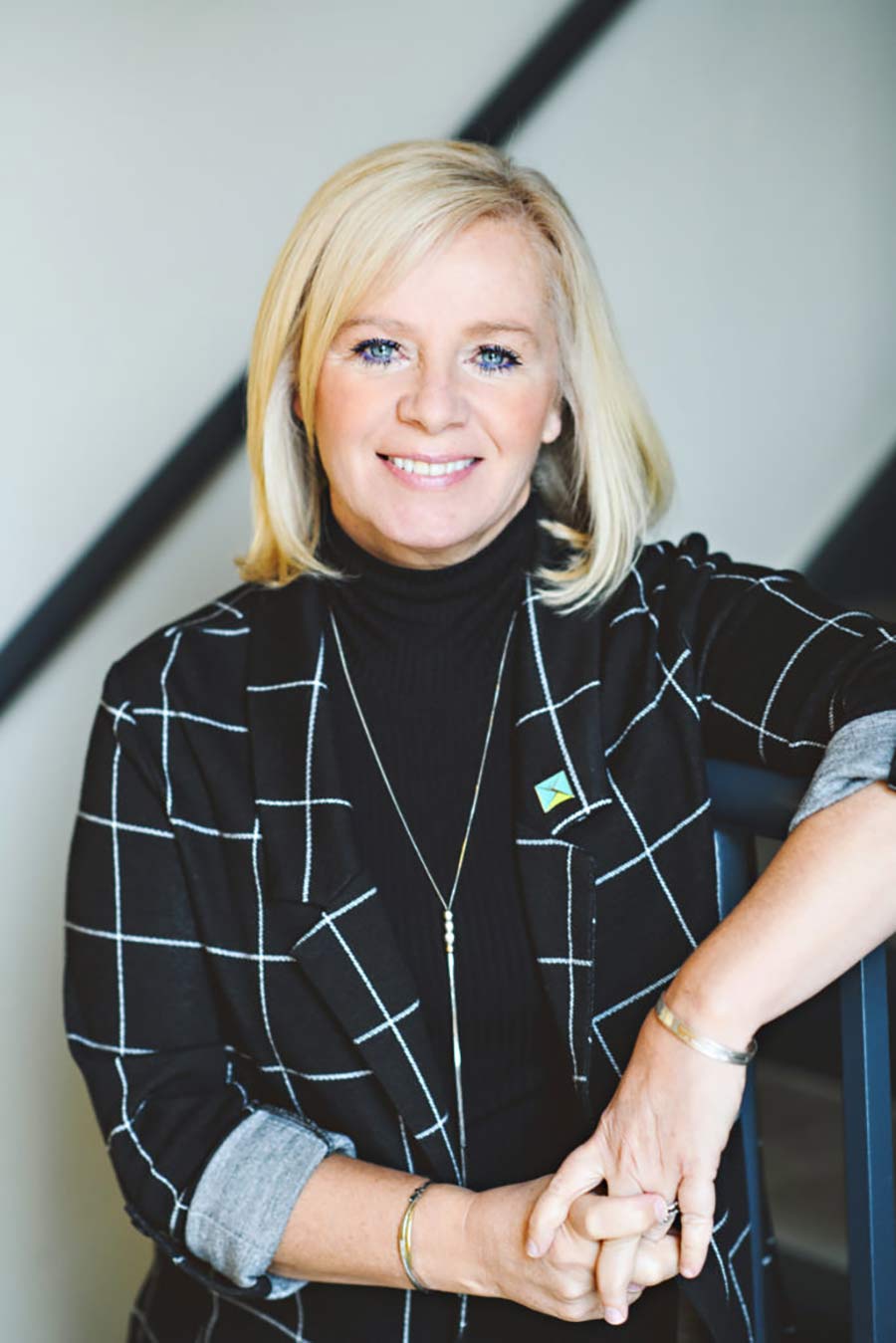GUELPH – The Canadian Mental Health Association Waterloo Wellington (CMHAWW) is bracing for the next mental health surge – the rift that’s forming in families and workplaces where there’s a mix of members vaccinated and unvaccinated against COVID-19.

HELEN FISHBURN
“It’s a hot issue that has become even hotter with vaccine policies,” said the association’s executive director Helen Fishburn in an interview.
“A lot of people say (vaccines) should be mandatory in schools and hospitals. Then there are increasing case counts of the Delta variant. Put that all together and it becomes a bigger issue.
“It creates so much tension for people, in families and in the workplace.”
Consider these scenarios:
Scenario 1: Grandma and Grandpa refuse to be vaccinated and their young grandchildren are not yet eligible. What should the vaccinated parents in this situation do about in-person visits?
Scenario 2: Two co-workers share cubicle space in an office. Worker 1 has been vaccinated; worker 2 has not. How can they co-exist and still be safe?
“Shaming is not the answer,” Fishburn said, adding very few – perhaps no one – has changed their mind because someone else made them feel bad about themself.
“There’s a lot of misinformation out there. It’s no wonder people are confused.”
What’s key is listening, not lecturing, Fishburn said and offered her own organization as an example.
Fishburn said staff at the CMHAWW were asked to disclose their vaccination status. Disclosure is voluntary and the information is kept private and confidential.
She said close to 90% of her staff have had both shots and that’s good. But what to do about those who haven’t?
“This is about providing a safe workplace for staff and clients. We’ve taken a position of being supportive and non-judgmental. There are reasons people are not rolling up their sleeves,” she said.
It could be fear of needles, fear of the vaccine, fear of government, fear of their health outcome. In some cases, those fears are profound, Fishburn said.
And while family dynamics are different than the workplace, fear is often at the core of vaccine-hesitancy in families too.
So listening comes first, then steering people to credible information, their family doctor or even to counselling, Fishburn said, to work through their fears and come to a new understanding.
And if they continue to refuse the vaccine, “be compassionate toward that person,” she said. “We see people cutting off family members and we worry about that. That can send them to a deep, dark place that puts them at high risk of suicide, of self-harm, of addiction.”
Instead, find ways to stay connected, Fishburn said, whether that means in-person visits with masks and distancing, Zoom calls, Facetime, or phone calls and emails.
“It’s absolutely okay to put boundaries in place for non-vaccinated relatives. But there are also many ways to stay connected and still be safe,” she said.
Fishburn said vaccine passports, when they come, will serve as a great motivator for people who want to resume so-called normal life again – whether it’s for travel, to attend concerts and sports events or even to eat inside a restaurant.
Fishburn said the highly contagious Delta variant has pushed risk into a whole new category. She said it requires a 90% vaccination rate to attain herd immunity now, up from the 75% of the original strain. So, it will take patience and compassion to change people’s minds about the vaccine to reach that target. As well, in recent months, more than 90% of the people admitted to hospital with COVID-19 are patients who have not been vaccinated. This, too, could be a motivator.
“Human behaviour is complex,” Fishburn said.
“If we can come from a place of compassion and empathy, we can keep the conversation active. What’s key is to remain connected, even from a distance.”




